Indigenous Governance Database
Lac du Flambeau Band of Lake Superior Chippewa Indians
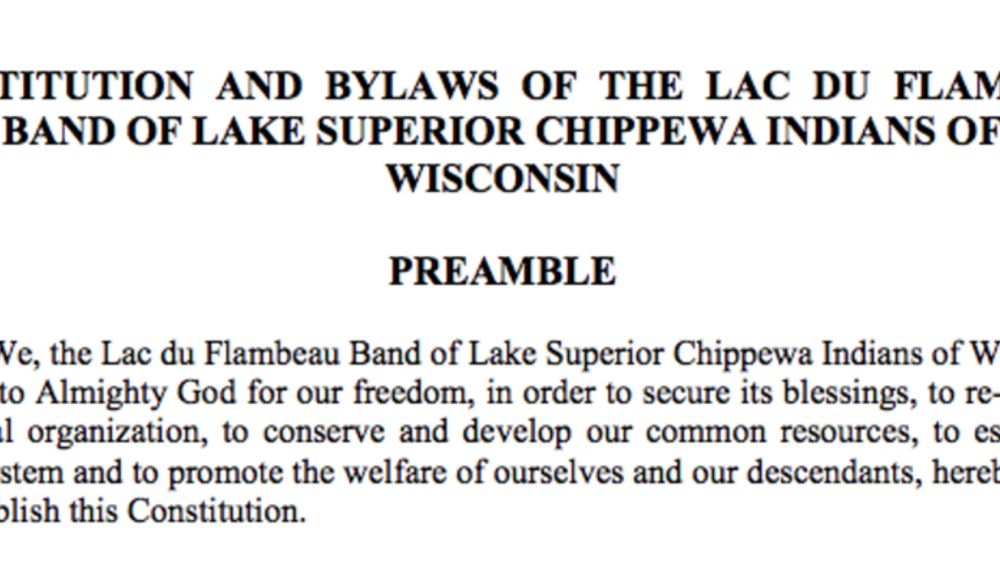
Lac du Flambeau Band of Lake Superior Chippewa Indians of Wisconsin: Governmental Structure Excerpt
ARTICLE III - THE GOVERNING BODY Section 1. The governing body of the Lac du Flambeau Band of Lake Superior Chippewa Indians of Wisconsin shall be the Tribal Council. Section 2. The Council shall consist of a President, Vice-President, Secretary, Treasurer, and eight (8) additional members. The…
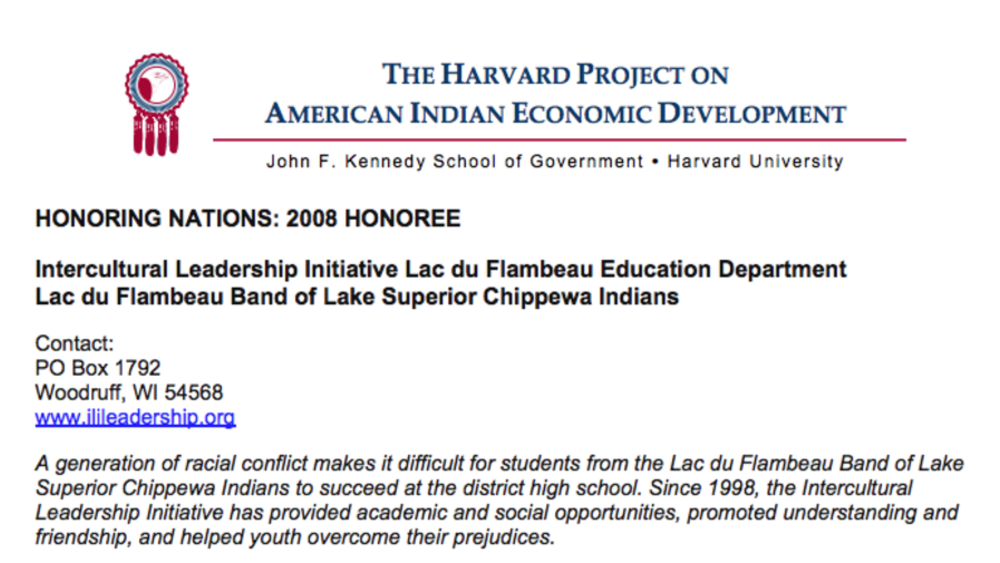
Lac du Flambeau's Intercultural Leadership Initiative
A generation of racial conflict makes it difficult for students from the Lac du Flambeau Band of Lake Superior Chippewa Indians to succeed at the district high school. Since 1998, the Intercultural Leadership Initiative has provided academic and social opportunities, promoted understanding and…
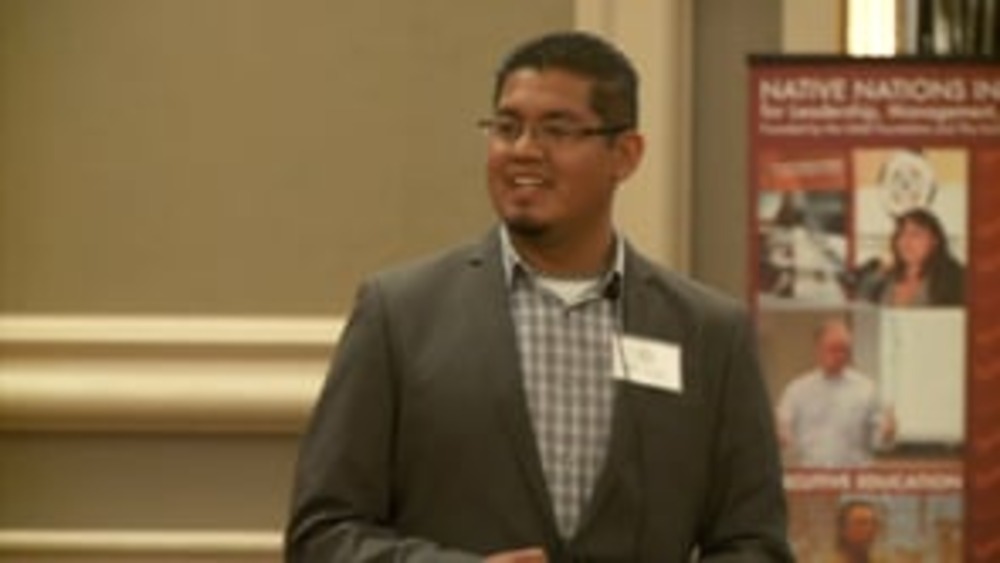
Andrew Martinez: Constitutional Reform: The Secretarial Election Process
Native Nations Institute's Andrew Martinez (Salt River Pima-Maricopa Indian Community) gives participants a concise and informative overview of how the secretarial election process works when Native nations amend their constitutions, and what happens (and doesn't) when Native nations remove…
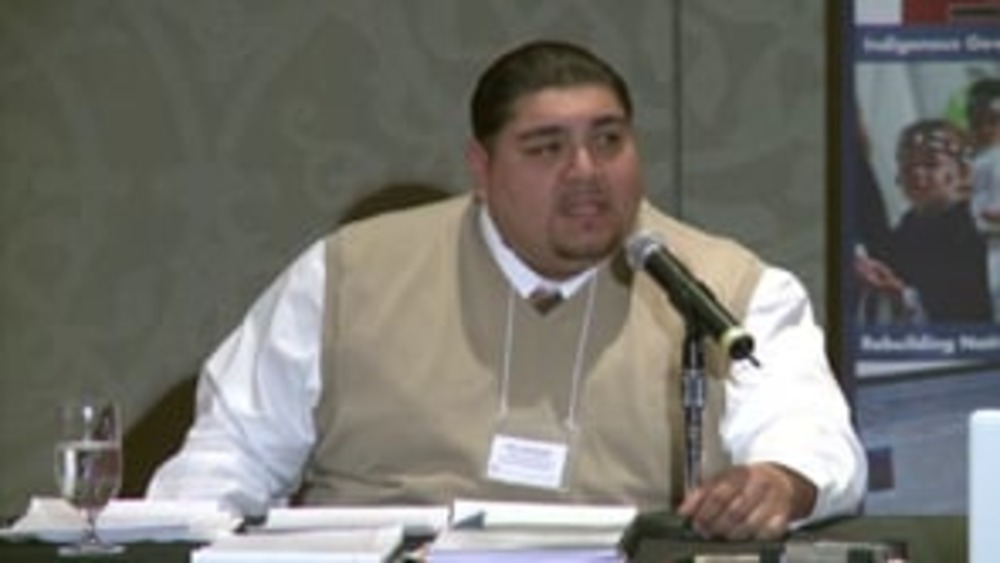
Ruben Santiesteban and Joni Theobald: Choosing Our Leaders and Maintain Quality Leadership: The Lac du Flambeau Band of Lake Superior Chippewa Indians
Ruben Santiesteban and Joni Theobald of the Lac du Flambeau Band of Lake Superior Chippewa Indians provide an overview of how Lac du Flambeau developed a new approach to cultivating and then selecting quality leaders to lead the Band to a brighter future.
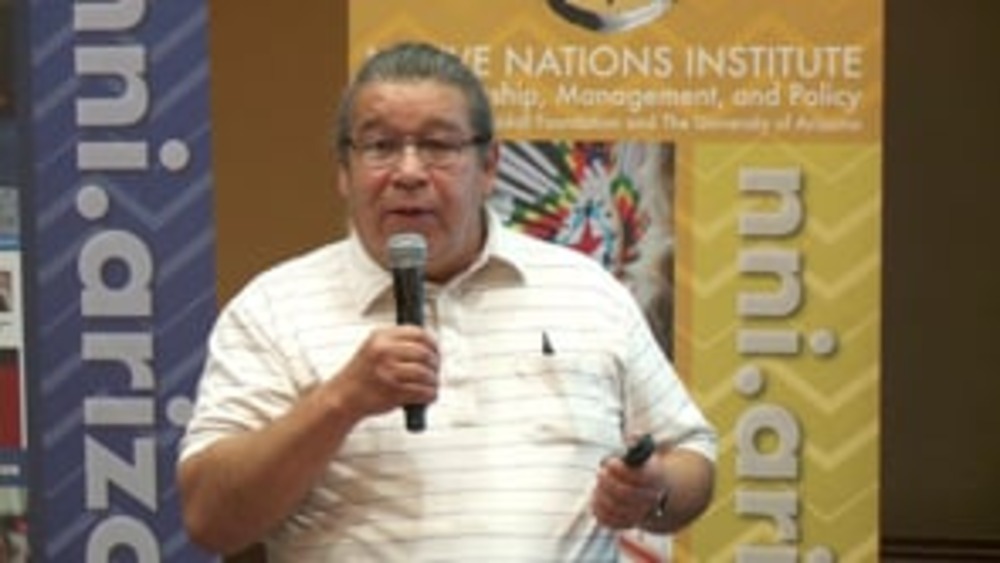
Richard Jack: Engaging the Nation's Citizens and Effecting Change: The Lac du Flambeau Story
Richard Jack, Chairman of the Constitution Committee of the Lac du Flambeau Band of Lake Superior Chippewa Indians, discusses some of the struggles that he and his fellow committee members have encountered as they engage the Lac du Flambeau people on the topic of constitutional reform and the need…

Miriam Jorgensen: Organizing the Reform Process
NNI Director of Research Miriam Jorgensen shares what she sees as some of the critical keys to Native nations' efforts to develop and implement effective constitutional reform processes. This video resource is featured on the Indigenous Governance Database with the permission of…
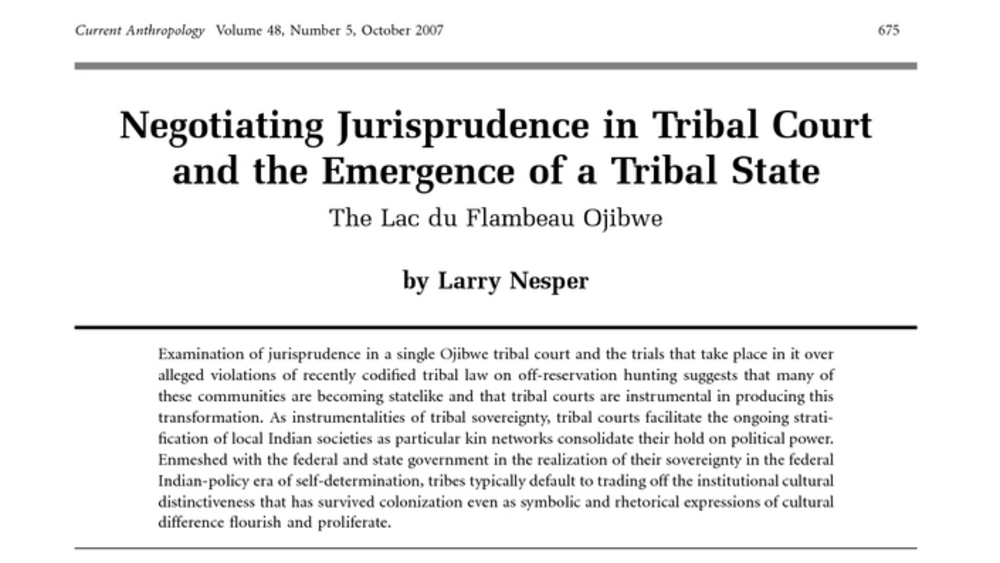
Negotiating Jurisprudence in Tribal Court and the Emergence of a Tribal State: The Lac du Flambeau Ojibwe
The interaction between American Indian activism and changes in federal Indian policy since the 1960s has transformed American Indian tribes from largely powerless and impoverished kinshipâ€based communities into neocolonial statelike entities (Wilkinson 2005).1 Representing themselves as distinct…
